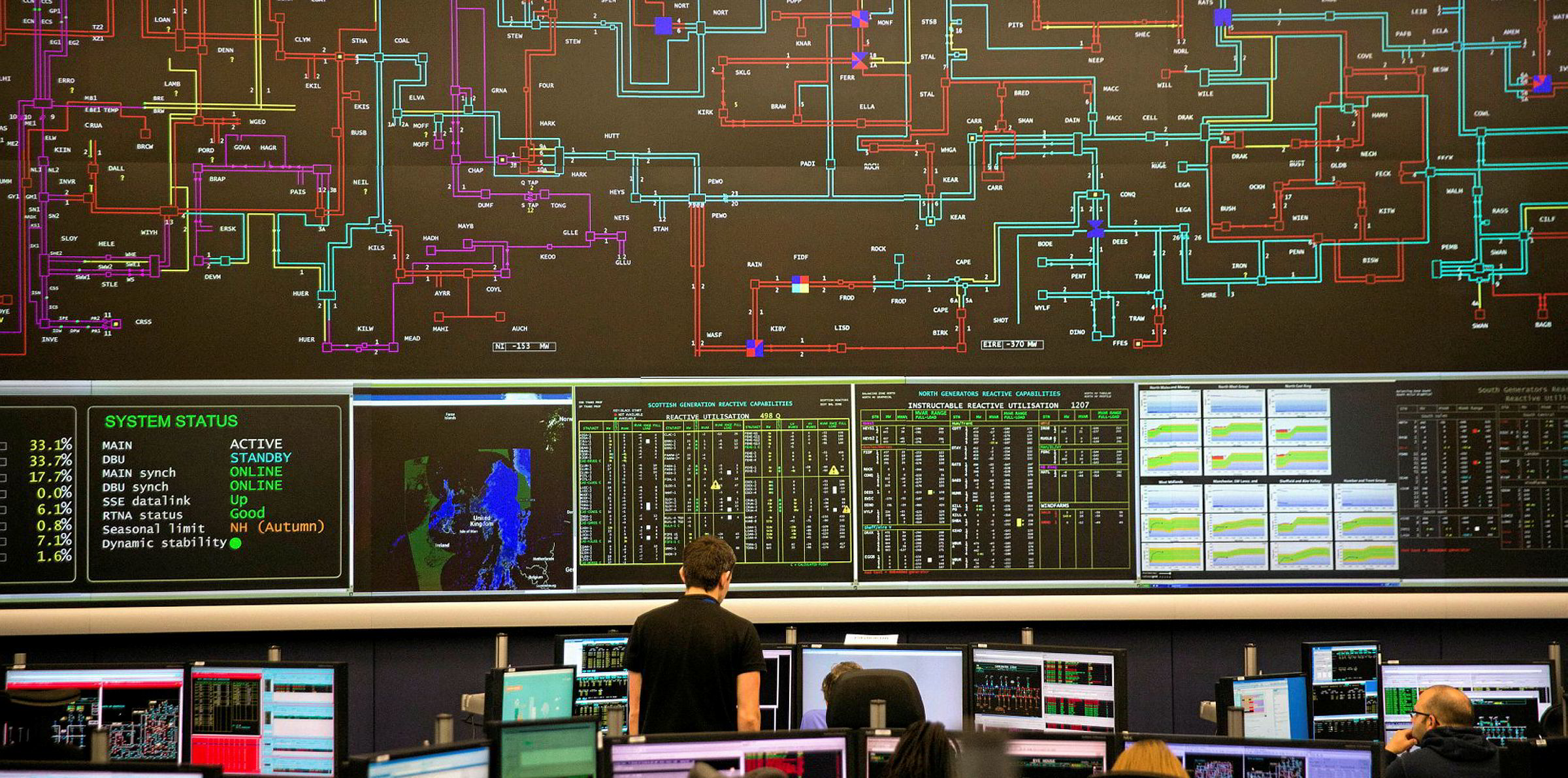The Energy Web Foundation (EWF), a Swiss-headquartered nonprofit set up to accelerate a low-carbon, decentralised global energy system, has launched the world’s first public, enterprise-grade energy blockchain.
The Energy Web Chain (EW Chain), which will have member utilities, grid operators, and blockchain developers hosting “validator nodes” for the platform, will go live “in the coming weeks” as it transitions so-called decentralised applications (dApps) from test networks.
"We started EWF in 2017 with a promise: a production version of EW Chain by Q2 2019. We kept our promise," said chief executive Hervé Touati. "Our next target, to be reached latest by Q4 2019, is to fully decentralise the chain.
“At that point, it will no longer be 'our' chain; it will be the energy sector’s blockchain —the first public blockchain where blocks are validated by energy sector companies.”
This first wave of dApps on the EW Chain are designed for “creating customer and business value” by expanding markets for renewable energy trading, fine-tuning demand-response programmes, and improving electric vehicle charging.
“This is a watershed moment for accelerating a low-carbon, customer-centric electricity system,” stated Jesse Morris, EWF’s chief commercial officer.
“I hope that we will look back on today’s EW Chain launch as another inflection point in electricity’s evolution, just as we now see wind and solar tumbling down the cost curve, the deployment of smart meters and other digital infrastructure, and the surge of electric vehicle investment and ownership.”
The member organisations hosting validator nodes for the EW Chain are part of a public Proof-of-Authority (PoA) network design based a first-of-a-kind publicly accessible, ethereum-based network with “permissioned validators”, energy market players “identified and affiliated with EWF”.
“EWF Affiliates — including utilities, grid operators, and young companies experimenting with blockchain in energy — are standing up validator nodes on a decentralised public PoA network to support a global technology,” said Morris. “These companies rarely collaborate or jointly innovate, and now they’re teaming up to support a brand-new digital technology.”
Formed in early 2017 with support from co-founders Rocky Mountain Institute, Grid Singularity and a cohort of 12 founding Affiliates, EWF crossed the 100-Affiliate threshold this year, with demonstrations, pilots, and pre-commercial deployments on Energy Web test networks underway at utilities and grid operators including PJM-EIS, SP Group, Acciona, Iberdrola, Elia, and Stedin.
"Most companies in the electricity sector know that value is shifting downstream. And most are focusing on building relationships with their customers. But what customers want to do is to invest in distribution edge devices — PV, batteries, charging stations, electric vehicles, smart controls — at such a pace that they may well outgrow utilities’ total investments within a decade,” said EWF’s Touati.
“That offers a unique opportunity for utilities: develop relationships with their customers' assets, rather than the customers themselves. For that, utilities need new kinds of software technology, like the EW Chain—distributed, open source, run by the industry—allowing low-cost interoperability and trust between millions of devices and retailers or grid operators.”



